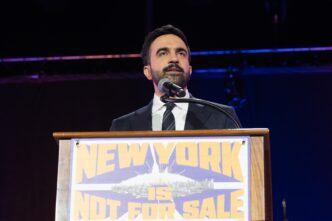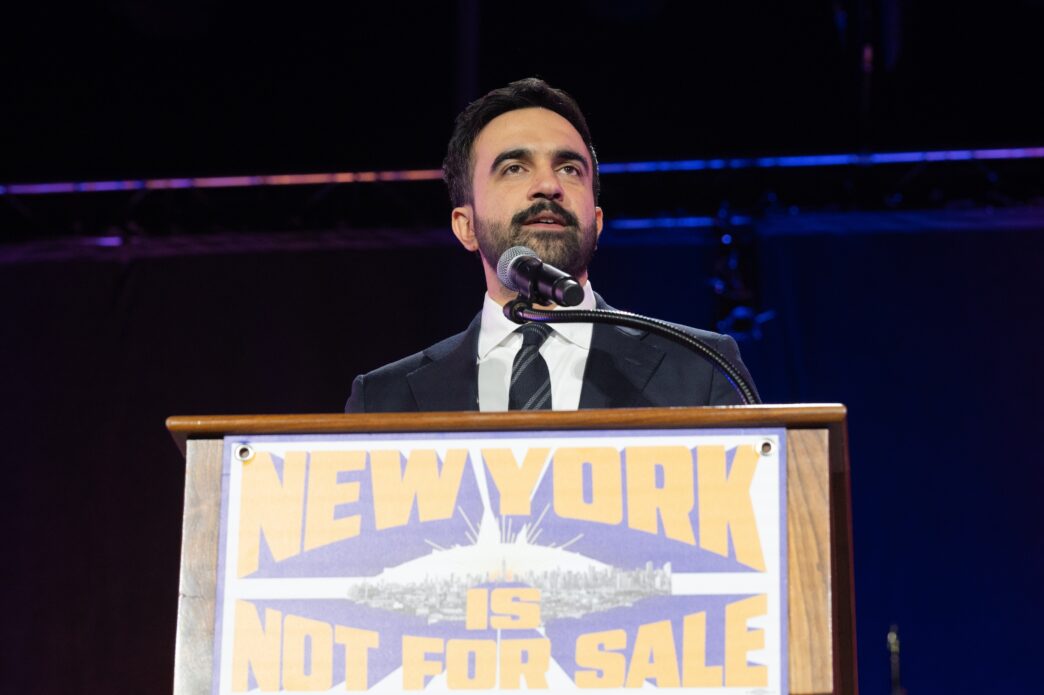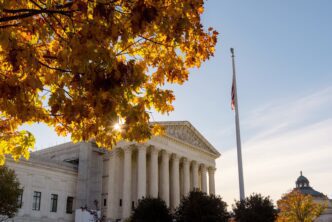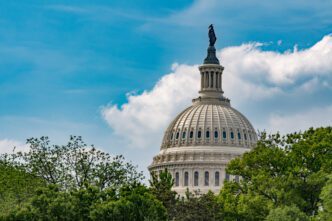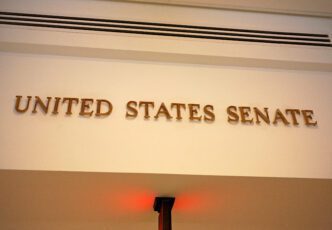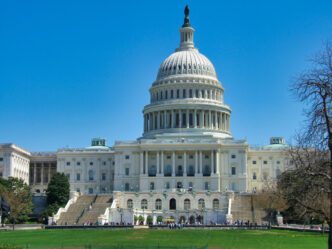Executive Summary
- Zohran Mamdani is projected to win the New York City mayoral election, marking a significant victory for the progressive wing and making history as the city’s first Muslim and South Asian mayor, and one of its youngest.
- Mamdani’s key policy proposals include freezing rent for rent-stabilized apartments, making public buses free, and providing universal childcare, all funded by taxing the wealthy.
- His campaign successfully leveraged a groundbreaking digital and multilingual strategy focused on affordability, overcoming strong opposition from traditional power brokers and a split anti-Mamdani vote.
The Story So Far
- Zohran Mamdani’s mayoral victory is rooted in his democratic socialist platform, which championed working-class issues like rent freezes, free public transit, and universal childcare, funded by taxing the wealthy, resonating with diverse New York City voters grappling with affordability. His success also stems from a groundbreaking multilingual digital campaign and strong ties to immigrant communities, allowing him to overcome significant opposition from traditional power brokers and a challenge from Andrew Cuomo, whose political career was already marred by past controversies.
Why This Matters
- Zohran Mamdani’s historic election as New York City’s first Muslim and South Asian mayor signifies a major victory for the progressive wing of the Democratic Party, poised to implement ambitious policies such as rent freezes, free public transit, and universal childcare, potentially reshaping the city’s approach to affordability and social services despite significant opposition from traditional power brokers.
Who Thinks What?
- Zohran Mamdani and the progressive wing of the Democratic Party champion policies like rent freezes, free public buses, and universal childcare funded by taxing the wealthy, viewing his election as a significant victory for working-class issues and affordability.
- Traditional power brokers, including the real estate and business sectors, actively opposed Mamdani, arguing that his proposed policies would deter businesses and wealthy residents from New York City.
- Andrew Cuomo and other political opponents campaigned against Mamdani, with Cuomo focusing on public safety and housing, while Republican Curtis Sliwa refused to withdraw, preventing the consolidation of anti-Mamdani votes.
Zohran Mamdani, a 34-year-old democratic socialist, is projected by CNN’s Decision Desk to win the New York City mayoral election, marking a significant victory for the progressive wing of the Democratic Party. Mamdani’s campaign, centered on working-class issues and affordability, successfully defeated former New York Governor Andrew Cuomo for the second time, along with Republican Curtis Sliwa, in the election held on November 4, 2025.
Mamdani’s win not only elevates his profile but also brings his key policy proposals to the forefront. These include plans to freeze rent for New Yorkers in rent-stabilized apartments, make public buses free to ride, and provide universal childcare, funded by taxing the wealthy. His victory is seen as a counterpoint to national political divisions, particularly against the backdrop of President Donald Trump’s past criticisms, who falsely derided Mamdani as a “communist.”
Candidate Profile and Campaign Strategy
Zohran Mamdani, a three-term state assemblyman, was born in Uganda and raised in Cape Town, South Africa, before moving to New York City at age seven. He is the son of Columbia University professor Mahmood Mamdani and Indian filmmaker Mira Nair. Before his political career, Mamdani worked as a housing counselor and was known as a rapper under the name “Mr. Cardamom,” a past that occasionally featured in opponent attack ads.
Mamdani’s campaign was characterized by a groundbreaking digital approach and a multilingual communication strategy, including videos in Urdu, Bangla, Spanish, and Arabic. He connected with diverse voters through a message anchored to affordability, notably addressing “halal-flation” in a viral video that highlighted the high cost of street food permits. His ability to engage directly with voters, even those who had supported Trump in 2024 due to living costs, proved to be a significant asset.
Shifting Stances and Opposition
During the general election campaign, Mamdani addressed past criticisms of the police, stating he was “not running to defund the police” and committing to retain the current police commissioner. He also sought to engage New York’s Jewish community, despite his outspoken advocacy for Palestinian rights, support for the boycott and divestment movement, and criticism of Israeli Prime Minister Benjamin Netanyahu. Traditional power brokers, including the real estate and business sectors, actively opposed Mamdani, funneling millions into anti-Mamdani super PACs, arguing his policies would deter businesses and wealthy residents.
Mamdani framed the election as a choice between “oligarchy and democracy,” maintaining an omnipresence on the campaign trail. He made numerous appearances across the city, from churches and radio shows to ethnic supermarkets, influencer live streams, and even nightclub tours and sporting events, showcasing his tireless engagement with voters.
The Opposition’s Campaign
Andrew Cuomo, who had previously lost to Mamdani in the June Democratic primary, campaigned on a platform focused on public safety and housing. He attempted to appeal to Mamdani’s core support among South Asian and Muslim voters by highlighting Mamdani’s stance against criminal penalties for prostitution. Cuomo also faced criticism for comments perceived as Islamophobic after laughing at a radio host’s suggestion that Mamdani would cheer another 9/11 attack, an accusation Cuomo denied.
Incumbent Mayor Eric Adams, after ending his independent bid, endorsed Cuomo. However, Republican nominee Curtis Sliwa refused to withdraw from the race despite pressure from Cuomo’s supporters, preventing anti-Mamdani votes from consolidating behind a single opponent. This election likely marks the end of Cuomo’s long political career, which included nearly 11 years as governor before his 2021 resignation amid sexual harassment allegations and scrutiny over his administration’s handling of COVID-19 in nursing homes.
A History-Making Mayor
Upon his inauguration on January 1, 2026, Mamdani will make history as New York City’s first Muslim mayor, the first South Asian to hold the office, and one of the youngest mayors elected in modern times. He will inherit a complex city of 8.5 million people, a substantial bureaucracy, a municipal workforce of approximately 300,000, and a city budget of $115 billion.
Mamdani’s connection to New York’s immigrant and South Asian communities, particularly cab drivers, has been a cornerstone of his political identity, notably through his participation in a 2021 hunger strike for cab driver debt relief. His wife, Rama Duwaji, a 28-year-old artist of Syrian descent, will become the first member of Gen Z to serve as New York City’s first lady.

